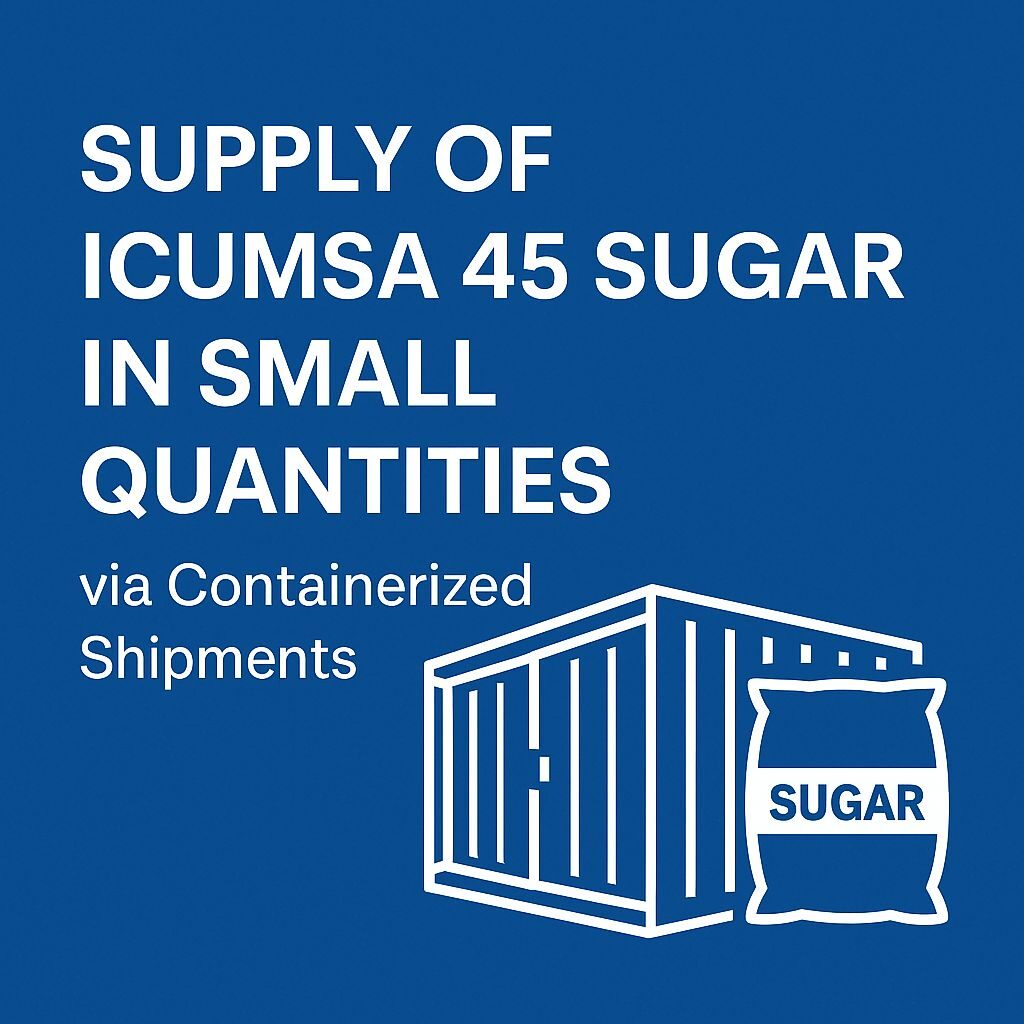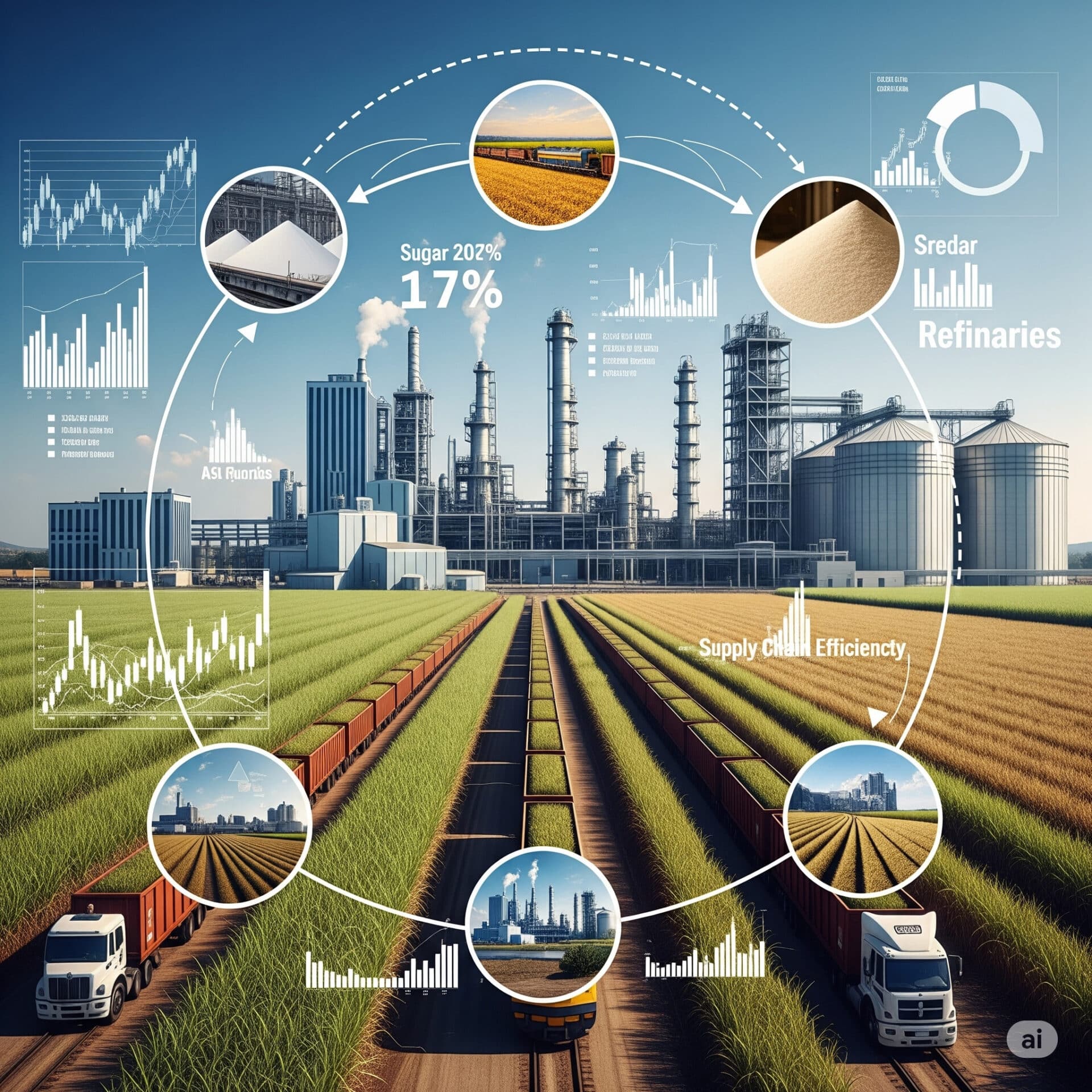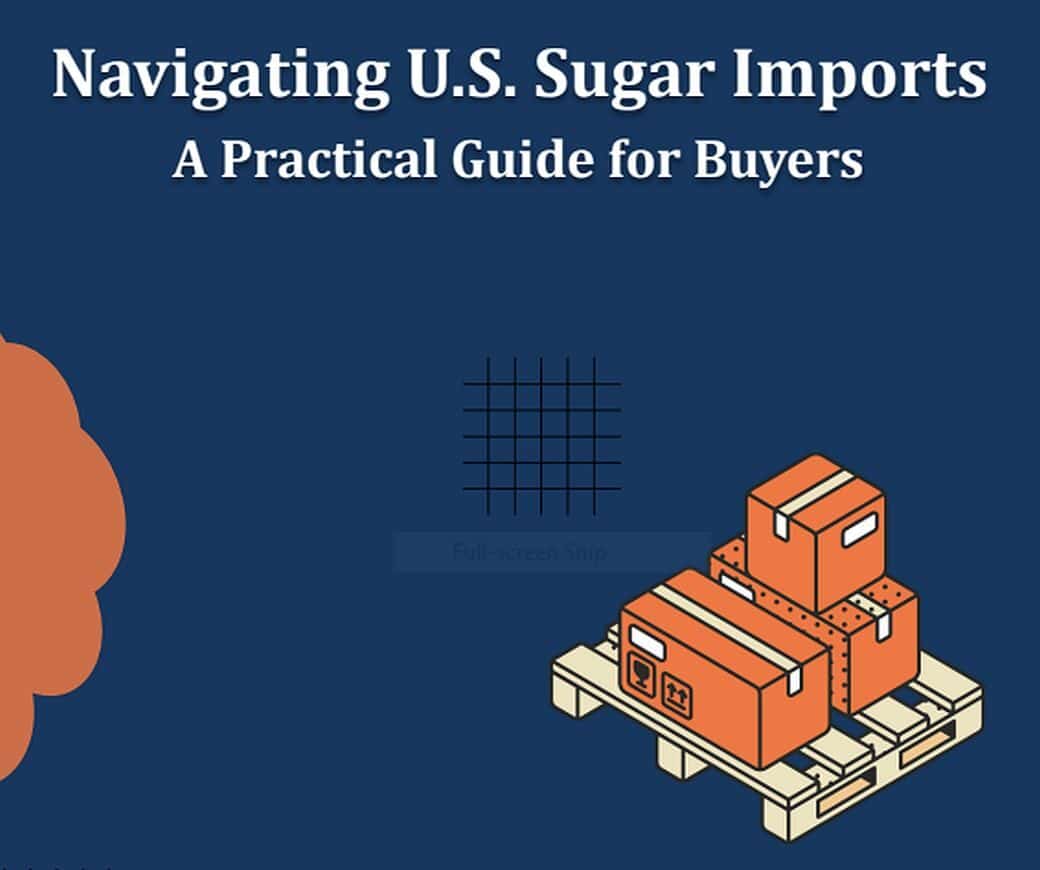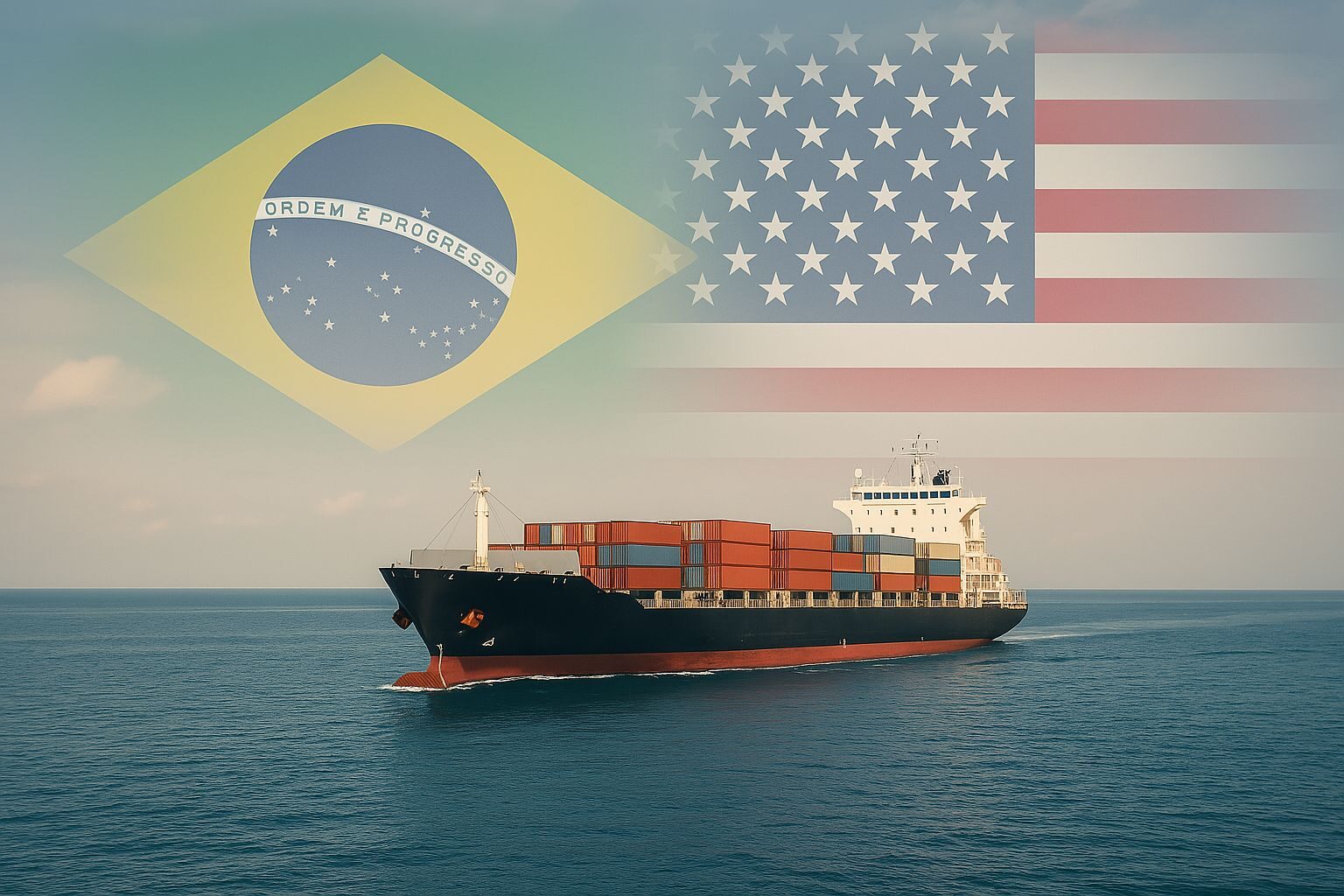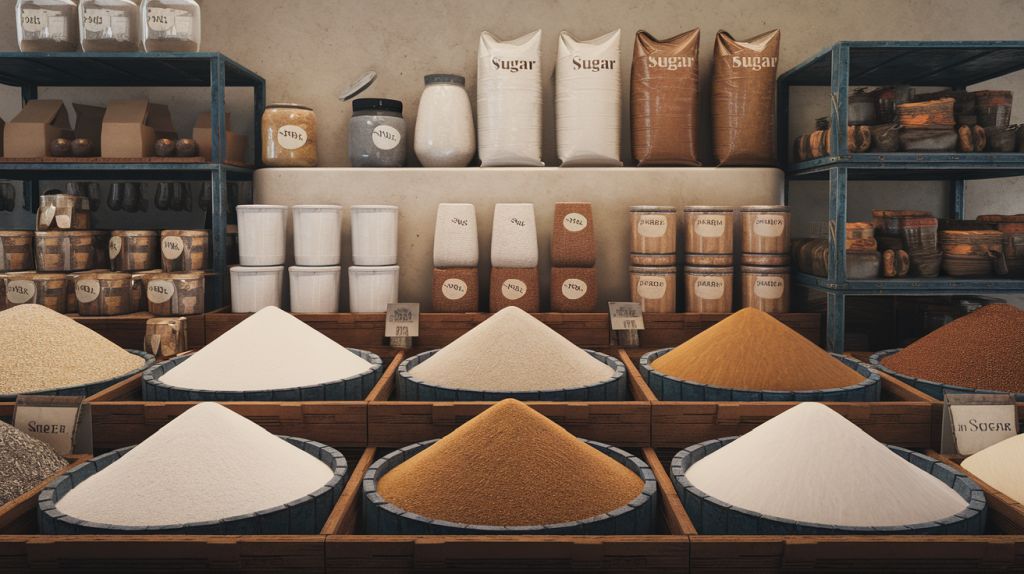The Dynamics of Sugar Commodity Transactions
Sugar, a staple in kitchens worldwide, is not only a key ingredient in our daily lives but also a valuable commodity in the global market. The sugar industry is a vital sector that contributes to economic growth, employment, and agricultural development in numerous countries.
From large multinational corporations to small-scale farmers, sugar commodity transactions involve a diverse range of participants, each with unique roles and responsibilities.
The Challenges Faced by Buyers and Importers
While sugar commodity transactions offer significant opportunities for buyers and importers, they are not without their fair share of challenges. Let’s explore some of the key obstacles faced by buyers and importers in the sugar trading industry:
Price Volatility: Sugar prices are notorious for their volatility, influenced by various factors such as weather conditions, global supply and demand, and government policies. Buyers and importers must navigate through this volatility to secure favorable deals and mitigate financial risks.
Quality Assurance: Ensuring the quality and authenticity of sugar shipments is of utmost importance for buyers and importers. The lack of standardized quality control measures can lead to discrepancies and disputes, requiring meticulous inspections and certifications.
Logistical Complexities: The transportation of sugar from producing countries to importing nations involves complex logistics, including shipping, storage, and distribution. Delays, damages, and logistical bottlenecks can significantly impact the efficiency and profitability of transactions.
Market Access and Regulations: Buyers and importers must comply with import regulations, tariffs, and quotas imposed by different countries. Navigating through regulatory frameworks and securing market access can be a daunting task, especially for new entrants in the industry.
Counterparty Risks: Establishing trust and credibility with sugar suppliers is essential for buyers and importers. The risk of dealing with unreliable or fraudulent sellers can result in financial losses and damaged reputations.
The Power of Collaboration
In an industry as complex as sugar commodity trading, effective collaboration between all stakeholders is crucial for success. Let’s explore how collaboration can address the challenges faced by buyers and importers:
Partnerships and Alliances: Buyers and importers can form strategic partnerships and alliances with reliable sugar suppliers, cooperatives, or trade associations. These collaborations can facilitate access to quality sugar, stabilize prices, and provide a platform for knowledge sharing and market insights.
Supply Chain Integration: Collaborating with logistics providers and supply chain stakeholders can streamline the transportation and storage of sugar, reducing delays and minimizing logistical challenges. Embracing technologies like blockchain can enhance transparency and traceability across the supply chain.
Market Intelligence and Information Sharing: Buyers and importers can join industry associations, attend trade fairs, and leverage market intelligence platforms to stay updated on industry trends, prices, regulations, and best practices. Sharing information and insights with fellow industry players can foster a more informed and resilient market.
Engagement with Governments and Regulatory Bodies: Buyers and importers can actively engage with relevant government agencies, trade associations, and regulatory bodies to advocate for fair trade policies, streamline import procedures, and address market access barriers. Collaborative efforts can lead to a more conducive and predictable trading environment.
Risk Management and Insurance: Buyers and importers can mitigate counterparty risks by working with reputable financial institutions and insurance providers. Trade finance solutions, credit insurance, and risk management tools can safeguard against potential losses and uncertainties in sugar commodity transactions.
Frequently Asked Questions (FAQ)
What are the different types of sugar traded in commodity transactions?
There are various types of sugar traded in commodity transactions, including raw sugar, refined sugar, white sugar, brown sugar, and specialized varieties like demerara and muscovado sugar.
How do buyers and importers ensure the quality of sugar shipments?
Buyers and importers ensure the quality of sugar shipments through comprehensive inspections, laboratory testing, and certifications from reputable quality control agencies. They may also opt for pre-shipment inspections and sampling.
Are there any sustainable practices in the sugar trading industry?
Yes, sustainability is gaining prominence in the sugar trading industry. Practices such as fair trade, organic farming, and sustainable sourcing are being adopted to promote social and environmental responsibility.
Can small-scale sugar farmers participate in international commodity transactions?
Yes, small-scale sugar farmers can participate in international commodity transactions through various channels, such as cooperatives, fair trade organizations, and direct partnerships with buyers and importers.
How does technology impact sugar commodity transactions?
Technology plays a significant role in streamlining and optimizing sugar commodity transactions. From blockchain for enhanced transparency to digital platforms for efficient trading, technology enables faster communication, improved traceability, and increased efficiency in the entire supply chain.
In conclusion, understanding the dynamics of sugar commodity transactions is essential for buyers and importers in navigating the challenges and harnessing the opportunities in the sugar trading industry.
By embracing collaboration, leveraging market intelligence, and adopting innovative technologies, all players involved can work towards a more resilient, efficient, and sustainable sugar market.
Let us remember that behind the sweetness of sugar lies a complex world of trade, where collaboration and knowledge pave the way for success.

